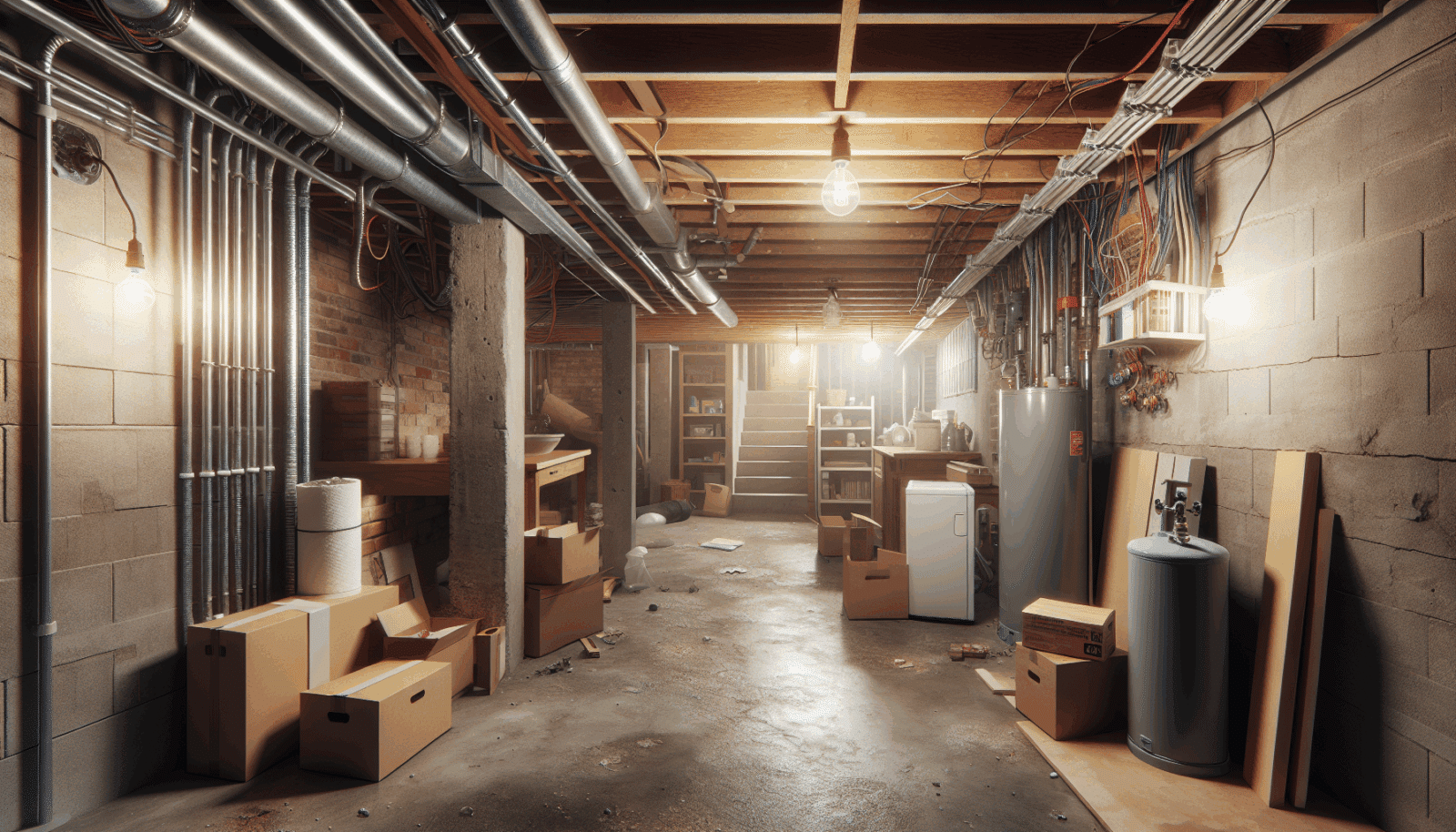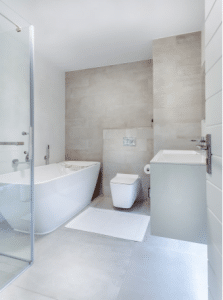Looking to finish your basement but unsure of the costs involved? At Utah Basement Finishing, we understand that taking on such a project can be a major decision. Our goal is to help homeowners like you get a clear picture of what to expect. In this guide, we’ll break down the various costs associated with basement Finishing so you can plan better.
Contents
Understanding the Basics
Let’s start with the basics. Finishing a basement involves transforming an underutilized space into a livable area. This can range from a simple guest bedroom to a fully functional entertainment area. The costs can vary widely, so it’s essential to understand what drives these costs before diving in.
When planning your project, things like materials, labor, and design complexity all play a role. Keep in mind that making educated decisions can help keep your budget on track while still achieving a fantastic outcome.
Material Costs
One of the most significant components of your budget will go towards materials. The quality and type of materials you choose can dramatically affect the overall Cost.
For instance, high-end flooring, premium drywall, and custom cabinetry will notch up the price tag. Meanwhile, opting for standard materials can make it more budget-friendly but still aesthetically pleasing.
- Drywall: Standard drywall is more affordable but consider moisture-resistant options for basements, especially if moisture is an issue.
- Flooring: Choices range from budget-friendly vinyl to luxurious hardwood. Each type has its pros and cons, so choose according to your lifestyle needs.
- Insulation: Essential for temperature control, insulation costs can vary based on the type and quality.
- Lighting: LED fixtures are energy-efficient and long-lasting, while traditional bulbs might save initially but cost more over time.
- Paint: The cost of paint can add up quickly, especially if you opt for designer brands.
Labor Expenses
Another significant element is labor costs. Depending on the complexity of the project, you may require skilled labor like electricians, plumbers, and carpenters.
A simple project might only need a general contractor, whereas more complex designs will require a team of specialists. Quality labor ensures your project is completed correctly and safely.
Permit Fees and Inspections
While often overlooked, permit fees and inspections are crucial components of basement finishing. Local regulations demand permits for tasks like electrical upgrades and plumbing works.
These permits come at a cost and often require inspections to ensure everything is up to code. Skipping this step can result in fines and could jeopardize your homeowner’s insurance.
Design and Architectural Costs
Hiring a professional designer or architect can also impact your budget. These experts can help turn your vision into reality, but their Services come at a premium.
If you have a clear idea of what you want, you might only need minimal consultation, saving you some money. On the other hand, complex design elements and custom builds will increase costs.
Plumbing and Electrical Additions
Adding a bathroom or kitchen in your basement? That will require advanced plumbing and electrical work.
These are two of the most costly additions but can significantly increase your home’s value. Electrical outlets, lighting, and plumbing fixtures will need to be installed by licensed professionals to ensure safety and compliance with codes.
HVAC Modifications
Your existing HVAC system may need to be expanded or modified to accommodate the new basement space.
This might mean adding new ductwork, upgrading your current system, or possibly installing portable solutions. This can be a significant budget line item but is essential for comfort in your newly finished space.
Furniture and Decor
Don’t forget about the finishing touches like furniture, decor, and other accessories. While these might seem like minor costs, they can add up quickly.
A well-decorated basement can make the space inviting and functional, enhancing its overall appeal. Plan for these expenses in advance to avoid any surprise costs at the end of the project.
Unexpected Costs
It’s always wise to set aside some budget for unexpected costs. Unforeseen issues can arise, such as mold, foundation problems, or even design changes.
Having a contingency fund can help you navigate these challenges without derailing your entire budget. Experts generally recommend reserving 10-15% of your total budget for unexpected costs.
Making the Final Decision
We hope this comprehensive guide provides you with a better understanding of the costs involved in finishing your basement. With proper planning and budgeting, you can transform your basement into a remarkable space.
If you still have questions or need professional assistance, we’re always here to help. Reach out to us for a detailed consultation tailored to your specific needs.
Ready to take the next step? Contact Us today by phone at 801-515-3473 or Request a Free Quote.




